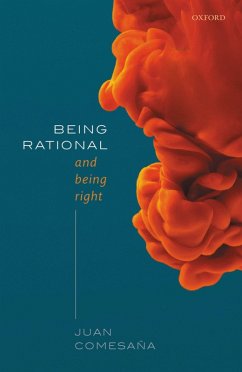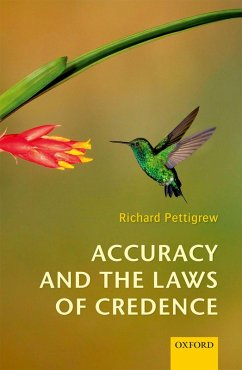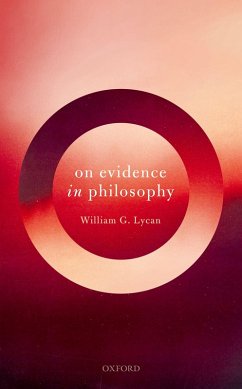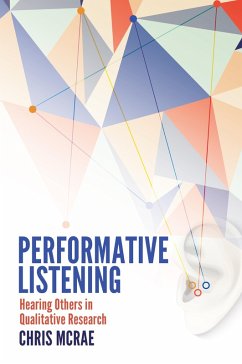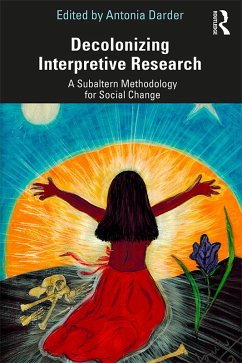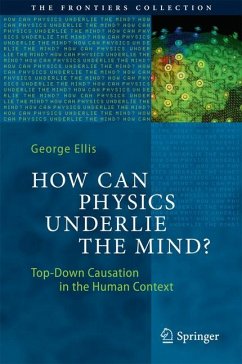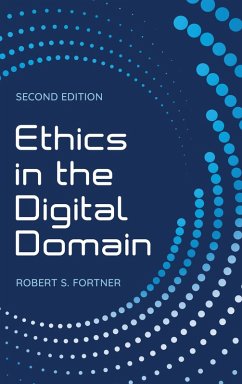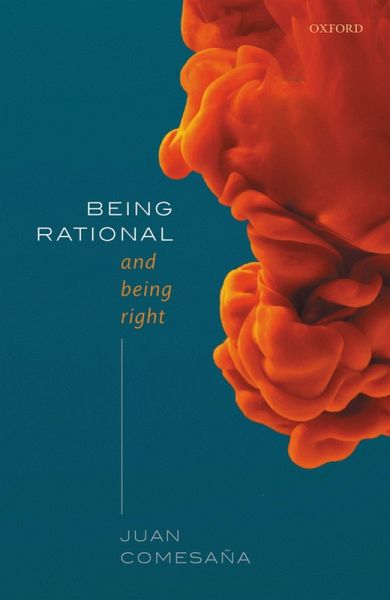
Being Rational and Being Right (eBook, PDF)
Versandkostenfrei!
Sofort per Download lieferbar
8,95 €
inkl. MwSt.
Weitere Ausgaben:

PAYBACK Punkte
4 °P sammeln!
In Being Rational and Being Right, Juan Comesaña argues for a cluster of theses related to the rationality of action and belief. His starting point is that rational action requires rational belief but tolerates false belief. From there, Comesaña provides a novel account of empirical evidence according to which said evidence consists of the content of undefeated experiences. This view, which Comesaña calls "Experientialism," differs from the two main views of empirical evidence on offer nowadays: Factualism, according to which our evidence is what we know, and Psychologism, according to whic...
In Being Rational and Being Right, Juan Comesaña argues for a cluster of theses related to the rationality of action and belief. His starting point is that rational action requires rational belief but tolerates false belief. From there, Comesaña provides a novel account of empirical evidence according to which said evidence consists of the content of undefeated experiences. This view, which Comesaña calls "Experientialism," differs from the two main views of empirical evidence on offer nowadays: Factualism, according to which our evidence is what we know, and Psychologism, according to which our experiences themselves are evidence. He reasons that Experientialism fares better than these rival views in explaining different features of rational belief and action. Comesaña embeds this discussion in a Bayesian framework, and discusses in addition the problem of normative requirements, the easy knowledge problem, and how Experientialism compares to Evidentialism, Reliabilism, and Comesaña's own (now superseded) Evidentialist Reliabilism.
Dieser Download kann aus rechtlichen Gründen nur mit Rechnungsadresse in A, B, BG, CY, CZ, D, DK, EW, E, FIN, F, GR, HR, H, IRL, I, LT, L, LR, M, NL, PL, P, R, S, SLO, SK ausgeliefert werden.




